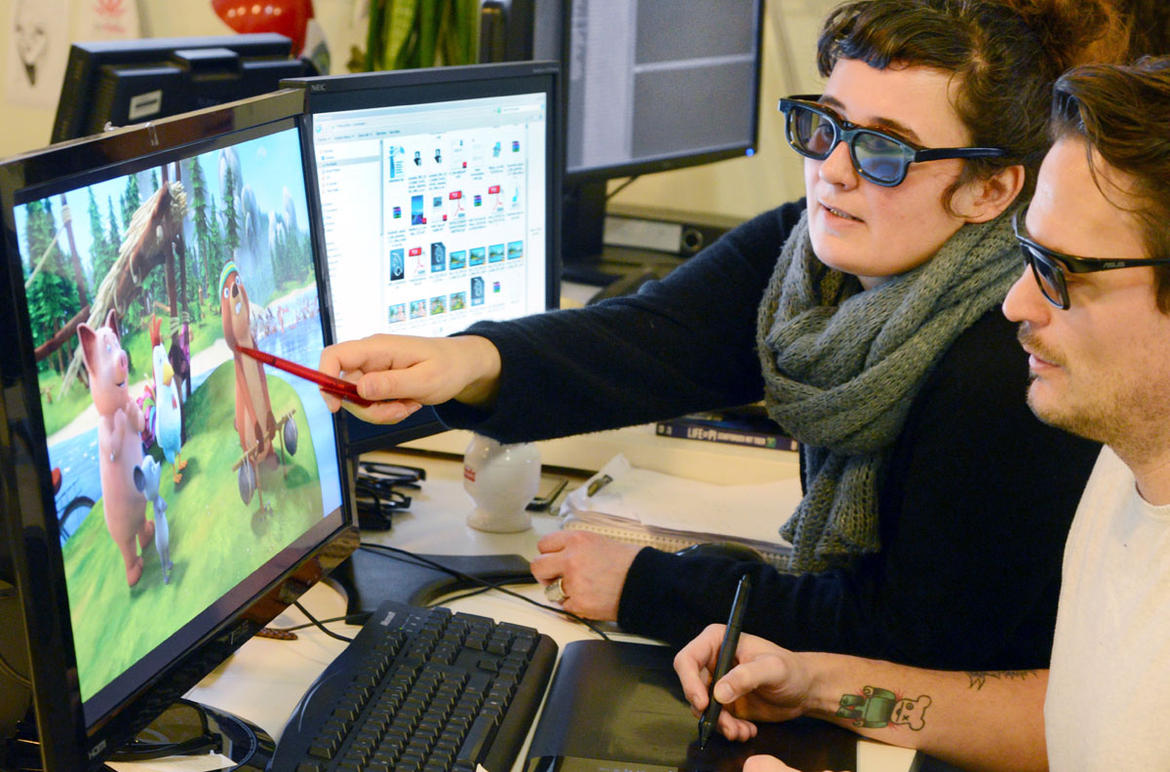
When you’ve decided to become an animator you will probably hear lots of “interesting” questions, like “Isn’t animation only for kids?” or “Do you want to work for Disney?” or “Where do I find the best animation schools?” You will need lots of patience to answer these questions. However, patience is only one of the essential things an animator needs, apart from a strong education.
Motivation
There are many professionals out there who claim they never went to school to learn how to animate, but the reality is you do need formal education in animation in order to succeed. Even if you master the basics of animation, you need to go to school to refine your skills. The process of becoming a great animator is long, so you need lots of motivation to be able to overcome the hard times.
In animation, like in all other trades, the more you work the better you become. This means you will have to work a lot to become a pro. This will take time and it may take a while before you will be able to earn a decent paycheck from your job. Without motivation, the hard work and sleepless nights will quickly pile up and you will question your choice of becoming an animator.
Understand the basic software
Different animation studios use different software, but they all share the same principles. One of the most popular software is Maya, which is used by many large studios. To be able to work with big names in the industry and provide high quality work, you need to master this software. There are courses you can take to learn how to use it, then you can practice until you’ve mastered the software. After learning how to use Maya, you can try other software.
Specific tools
A good animator needs good tools, so be prepared to invest in a stylus pen, a graphics tablet and an animation program. Duik, which is free, is a great asset for an animator. A light table is going to become your new best friend, as it provides the animator with the opportunity to play with your sketched frames. You may want to buy some other tools, both software and hardware, but this is up to each person.
Excellent time-management skills
Tight deadlines are the norm in animation, where time is a highly valuable resource. You will need time to understand and master the principles of animation and even more time to take your work to another level. The internet is full of footage that show how an animator’s skills improved over time. Take it all one step at a time and learn from your own mistakes. Most animators will tell you they worked endless hours, especially in their student years, in order to accumulate experience and refine their skills.
As you evolve as an animator, you may find that you need a lot more things, but this is a good starting list for all beginners.










![Watch Video Now on xiaohongshu.com [以色列Elevatione perfectio X美容仪 perfectio X 全新仪器黑科技了解下]](https://www.techburgeon.com/wp-content/uploads/2019/07/perfectiox-singapore-150x150.jpg)
